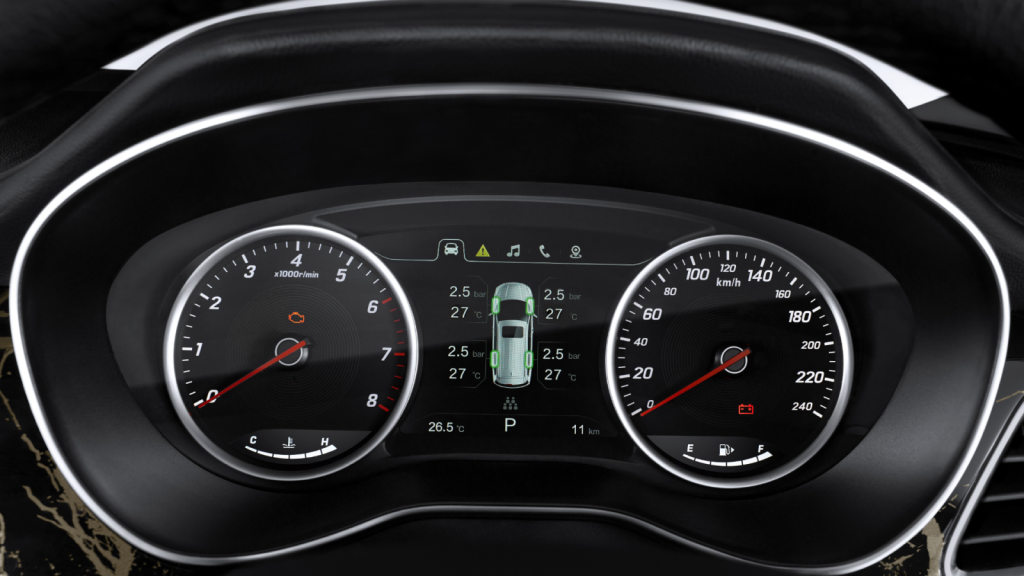Periodic Car service

Performing regular car maintenance is crucial for ensuring optimal performance, safety, and driving comfort. Regular upkeep also extends the service life of the engine, ultimately contributing to a higher resale value for the well-maintained vehicle.
Routine care not only enhances the longevity of the car but also proves to be cost-effective in the long run. Regular maintenance helps prevent significant engine damage, as the expenses associated with repairs for a neglected engine are typically much higher than the cumulative costs of consistent upkeep. Prioritizing regular maintenance, therefore, not only saves money in the short term but also safeguards against more substantial expenses down the road.
Why is Periodic Maintenance Essential?
Periodic maintenance for cars involves scheduled maintenance performed based on a predetermined plan, typically determined by either distance traveled or time elapsed, depending on which criterion is met first.
For instance, changing the car's oil under normal conditions is scheduled every 10,000 km or every six months. This means that you should change the car's oil either when it reaches 10,000 km or when six months have passed since the last periodic oil change maintenance, whichever comes first.
Even if there are no apparent complaints or issues with the vehicle, periodic maintenance is still recommended. The purpose of such maintenance is to proactively prevent potential damage to various systems and components of the vehicle. Beyond damage prevention, it serves as a precautionary measure to ensure the optimal performance and condition of the vehicle, contributing to driving safety and overall comfort.
Types of Periodic Maintenance
- Diagnose with computer & Changing all types of Oil
- All Belt Services
- Transmission System Service
- AC Service
- Brake Service
- Fuel System Service
- Replace the Filter
- Power Steering Service
- Wheel Alignment









